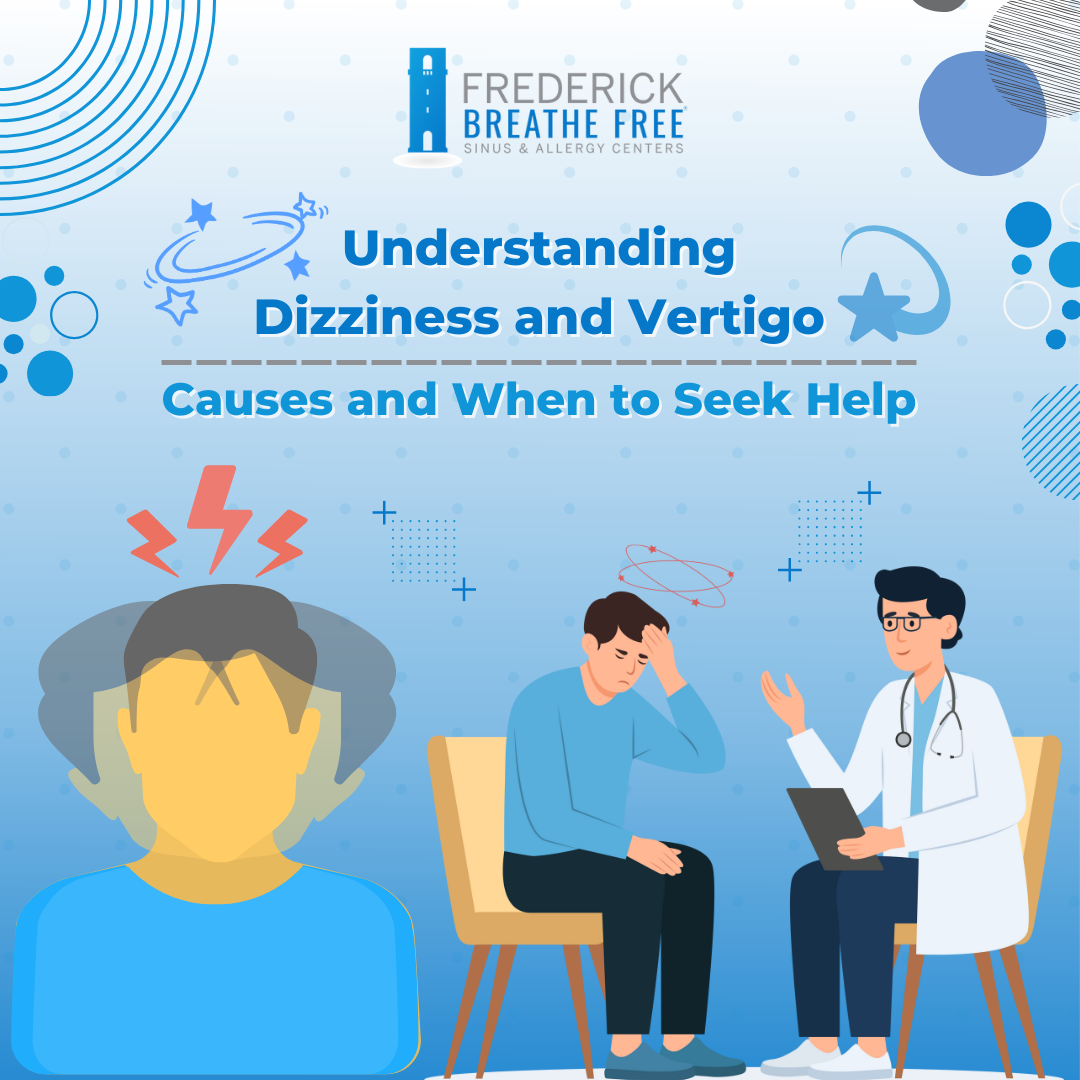Cold Weather Safety Tips for ENT Health
Are you finding the weather outside to be particularly frightful? You might think the snow and haze look like a wonderland, but your sinuses have said otherwise. You might enjoy the thought of a jog during a cool winter morning, but your ears tell you to go back inside upon leaving the house.
So, what exactly is the deal with cold weather disrupting what might otherwise seem like peaceful living?
Join Frederick Breathe Free as we break down the facts and offer ideas on how you can make the most of your winter.
Cold Front Weather vs. Winter
Though cool fronts can happen at any time of the year, they are more common and noticeable as fall transitions into winter. These occur when a cold air mass pushes into a warmer one. As the cold mass moves throughout an area, it creates fluctuations in weather activity, such as hail and gusty winds, due to the shifts in atmospheric pressure caused by the differing densities in the masses.
Once the sun’s energy starts to hit the earth with a consistently spread-out surface area, we have entered winter.
Headache from Cold Weather
Due to the changes in atmospheric pressure and personal activity, persistent exposure to the cold and differing temperatures affects the sinuses more frequently during cold weather months.
Once someone has come down with a sinus headache and does not receive proper treatment, the resulting nasal blockages caused by the cold weather can lead to:
∙ Earaches – If fluids in the sinuses and nasal passages cannot drain as they normally do, the eustachian tubes are likely blocked as well. These tubes, which connect the middle ear to the upper throat and back of the nose, work to prevent fluid buildup and abnormal air pressure from affecting normal ear function.
∙ Middle ear infections – Another possible result of drainage incapacity is a middle ear infection. A middle ear infection occurs when infectious viruses from the nasal cavity access the fluid buildup in the ears via the eustachian tubes.
∙ Difficulty hearing – Consistently unprotected exposure to cold weather can cause hearing loss as well. Commonly known as “surfer’s ear,” this is a condition characterized by the development of tiny bony growths in the ear canals which are known as exostoses. These constrict the ear canal which can make it difficult to drain things like water, ear wax, or dirt, and lead to not only ear infections but also permanent hearing loss.
Protect Yourself During These Chilly Times
Cold weather can cause many things – sore throat, headaches, common colds, etc. Before you decide to go out for that run or embark on that hike in the woods, however, take a second to:
∙ Bundle Up: A coat, scarf, and earmuffs can go a long way when it comes to preventing ENT symptoms during the winter.
∙ Take Care of Those Eustachian Tubes: If you know you are at a higher risk of eustachian tube congestion, medicate according to your allergy plan and doctor’s advice.
∙ Think Ahead: Generally speaking, this is one of the best things to remember when dealing with the elements. If you know you’re going to be exposed to inconsistent temperatures, plan now and worry later.
If you think you may have suffered a serious injury because of the weather, please seek emergency services by dialing 911.
Whatever the weather or cause(s), lasting relief from painful, chronic sinus problems and ENT symptoms is possible. Contact Frederick Breathe Free today to schedule your consultation and learn more about how we can help.






.png)
